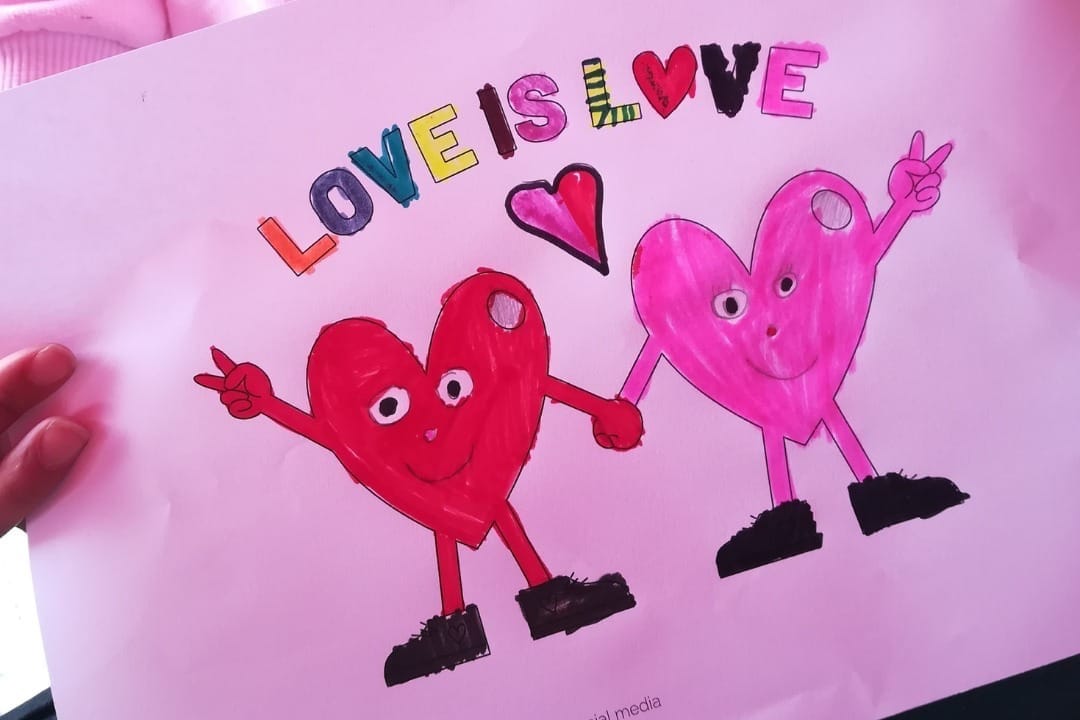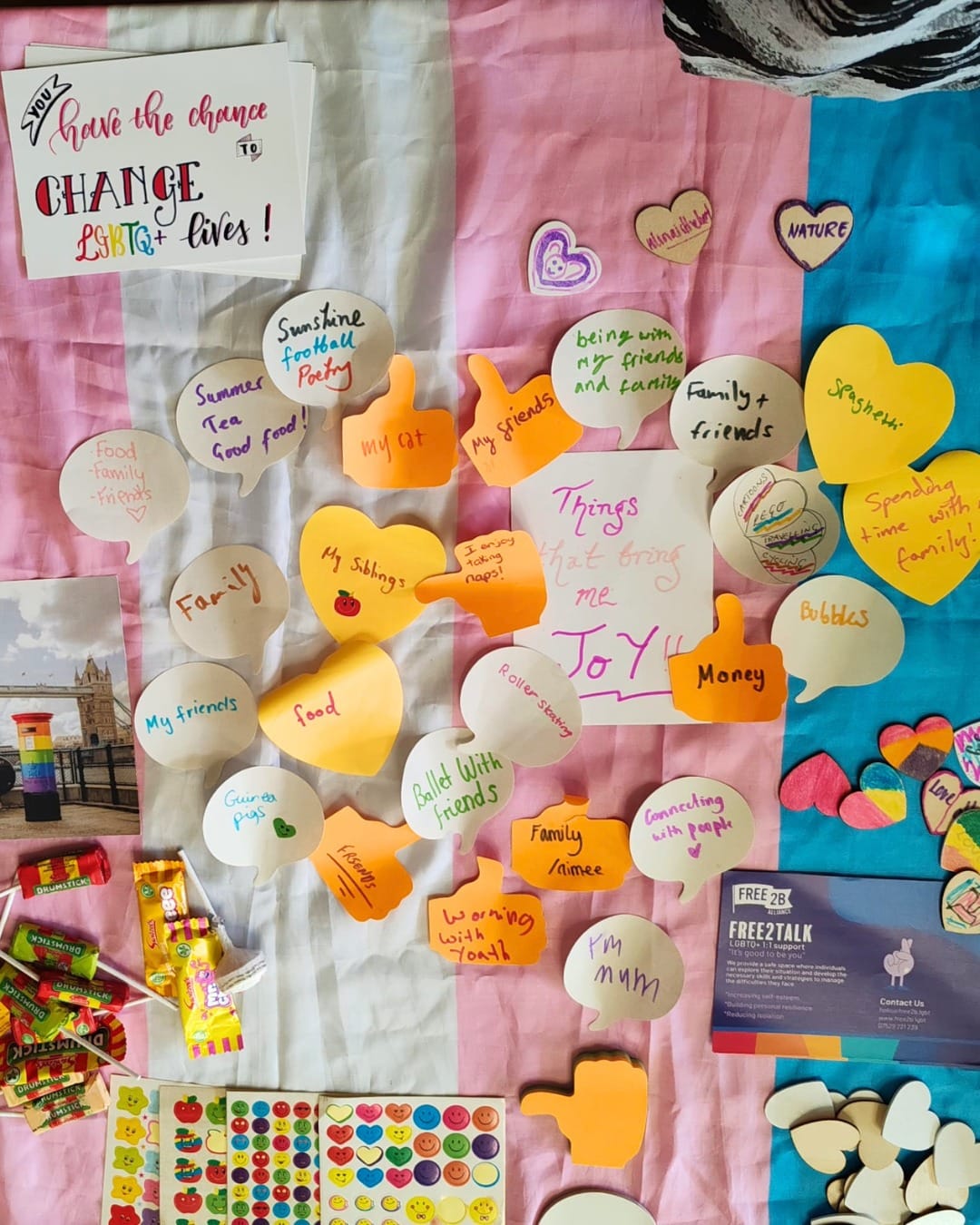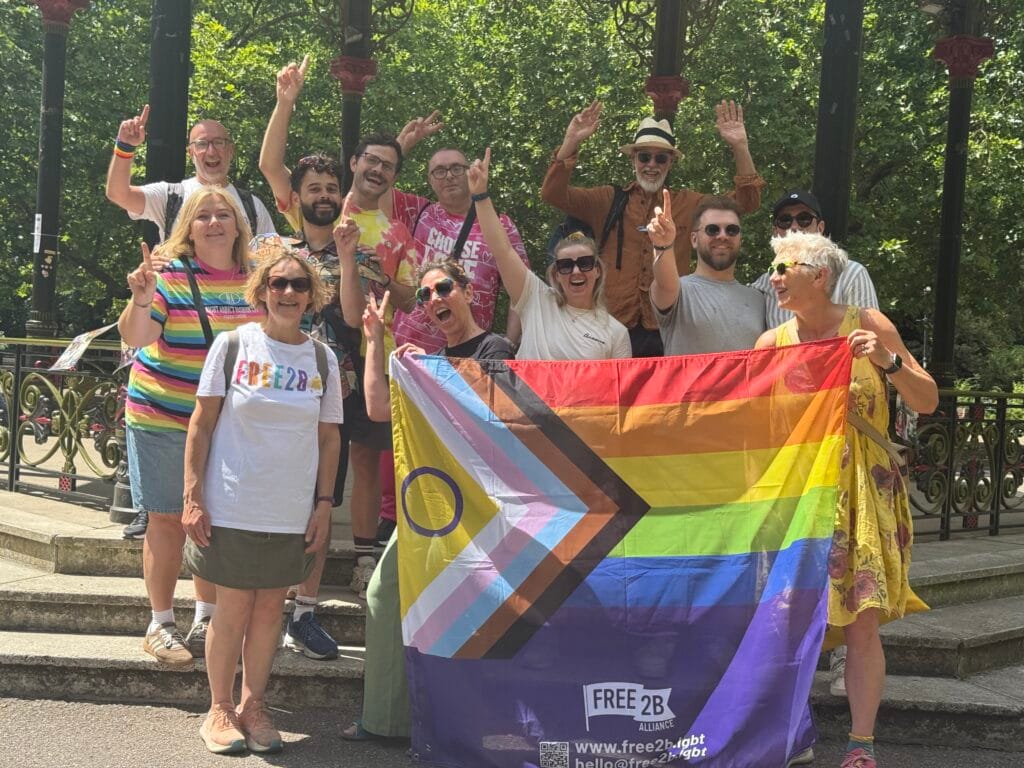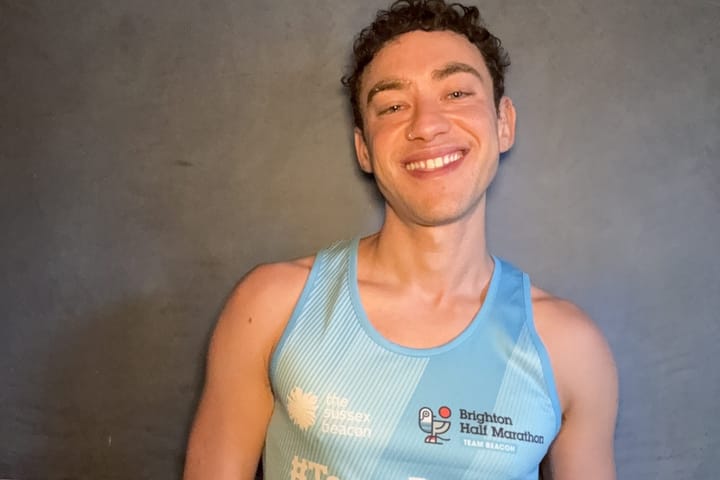Mentoring programme for LGBTQ+ young people, Free2B, is making "a real difference" to mental health

A mentoring programme for LGBTQ+ young people is making "a real difference" to their mental health, according to new research from the University of Manchester.
The programme, called Free2B, pairs young people aged 13 and over with trained mentors who understand the challenges LGBTQ+ teens can face. Over regular one-to-one sessions, the mentors offer a safe space to talk, practical advice and support to help build confidence, reduce feelings of isolation and improve overall wellbeing.
According to researchers, "LGBTQ+ young people are more likely to struggle with mental health problems such as anxiety and depression compared to their heterosexual or cisgender peers. Many of these struggles are linked to experiences of discrimination, prejudice or feeling unable to be themselves.

"Despite this, there’s been little solid evidence about which support services actually work - until now."
Researchers at the University of Manchester compared the mental health of young people taking part in Free2B with thousands of other teens from a large wellbeing study. The results were clear: those in the Free2B programme saw a strong and noticeable improvement in their mental wellbeing, much higher than what’s usually seen in similar support programmes.
“Free2B isn’t just helpful - it’s making a meaningful difference in young people’s lives,” said lead researcher Qiqi Cheng. “We saw real changes in how the participants felt about themselves and their future. Many started the programme feeling isolated, anxious, or unsure of how to cope with the challenges they were facing. By the end, they reported feeling more confident, supported, and hopeful. Programmes like this show that when young people have someone in their corner who understands them, it can completely shift their outlook."

“We’ve known for a long time that LGBTQ+ young people face higher risks when it comes to their mental health, but too often, there’s been a gap between recognising the problem and actually providing something that works,” added Professor Neil Humphrey, who co-led the research. “Free2B bridges that gap. It gives young people a space where they can be themselves without fear, and that sense of safety is what allows real change to happen.
”The evidence is strong, and it should be part of the conversation on how we help vulnerable young people not just survive, but thrive.”
The experts say the next step is to study the programme in more detail, looking at whether the benefits last long term and whether it can also help reduce loneliness.





Comments ()